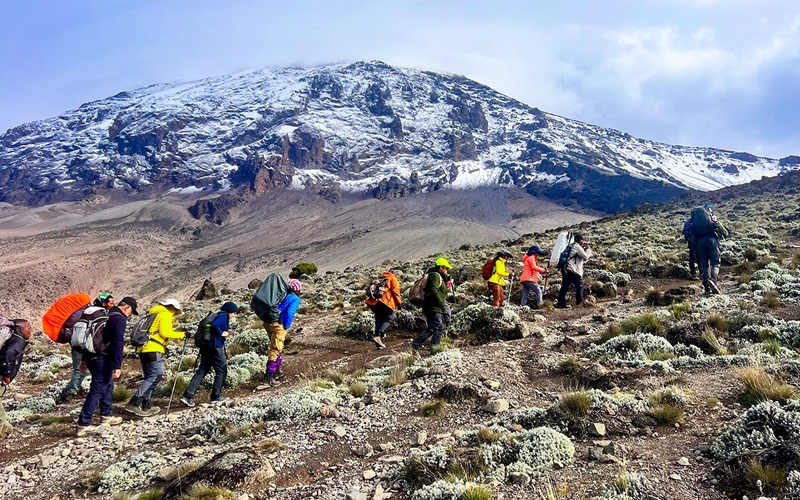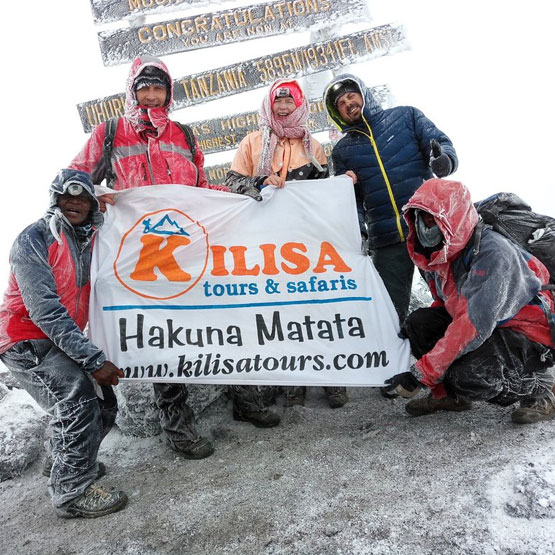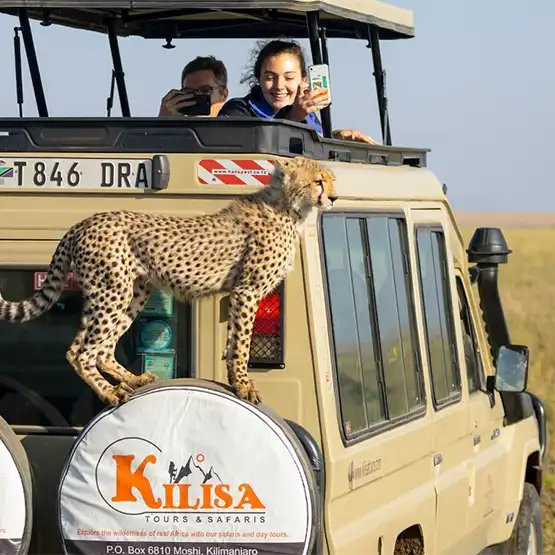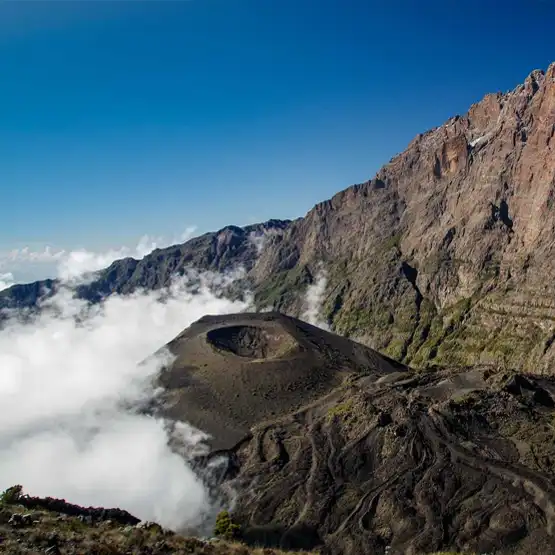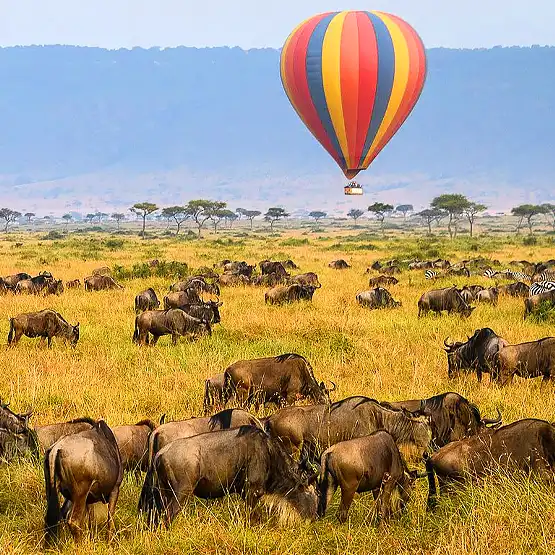Tanzania Trekking Trails in 2025
Tanzania, known for its breathtaking landscapes and diverse ecosystems, is a haven for trekking enthusiasts. Beyond the iconic Mount Kilimanjaro and Mount Meru, the country offers a treasure trove of lesser-known trails that promise unforgettable adventures in 2025. From traversing pristine wilderness areas to uncovering hidden cultural gems, Tanzania’s trekking trails are evolving, offering new experiences for explorers. Let’s delve into the thrilling world of Tanzania trekking adventures and why 2025 is the perfect time to lace up your boots.
1. Why Tanzania is a Trekking Paradise
A Diverse Landscape
- Snow-capped mountains, volcanic craters, lush rainforests, and vast savannahs.
- Home to some of the most iconic trekking routes in Africa.
Abundant Wildlife
- Unique opportunity to trek amidst diverse flora and fauna.
- Encounters with wildlife like giraffes, zebras, and even elephants on some trails.
Cultural Immersion
- Interaction with local communities, including the Maasai and Chagga tribes.
- Learn about ancient traditions, crafts, and folklore.
2. New Trekking Trails to Watch in 2025
Usambara Mountains
- Known as the “African Galápagos” for their rich biodiversity.
- New eco-trails offer immersive experiences in lush forests and traditional villages.
- Highlights include panoramic views and endemic species like the Usambara violet.
Ngorongoro Highlands
- Trails explore volcanic craters, grasslands, and Maasai villages.
- Lesser-known paths like the Empakaai Crater Trek are gaining popularity.
- Birdwatchers will love the flocks of flamingos in the crater lakes.
Mahale Mountains
- Famous for its population of wild chimpanzees.
- Trekking trails blend dense forests with stunning views of Lake Tanganyika.
- Perfect for adventurous travelers seeking remote and unique experiences.
3. Iconic Trails That Never Go Out of Style
Mount Kilimanjaro
- A perennial favorite with routes like Marangu, Machame, and Lemosho.
- New trends focus on eco-conscious trekking and improved facilities.
Mount Meru
- The quieter alternative to Kilimanjaro.
- Offers a dramatic volcanic landscape and wildlife sightings.
Ol Doinyo Lengai
- Known as the “Mountain of God” by the Maasai.
- An active volcano offering challenging treks and surreal landscapes.
4. Sustainable Trekking in 2025
Eco-Friendly Initiatives
- Operators adopting plastic-free policies and waste management practices.
- Campsites powered by renewable energy to reduce environmental impact.
Community-Based Tourism
- Supporting local guides, porters, and accommodation providers.
- Trekkers can participate in cultural projects and give back to communities.
Trail Preservation Efforts
- Conservation programs to maintain trails and protect fragile ecosystems.
- Encouragement of “leave no trace” principles among trekkers.
5. Preparing for Your Tanzania Trek
Fitness Training
- Build endurance, strength, and flexibility for challenging terrains.
- Include hiking practice with a loaded backpack.
Essential Gear
- Lightweight and waterproof hiking boots.
- Layered clothing for varying temperatures.
- Trekking poles, hydration packs, and a reliable headlamp.
Trekking Permits and Guides
- Ensure permits are secured for restricted areas like national parks.
- Hiring certified guides enhances safety and provides local insights.
6. Best Time for Trekking in Tanzania
Dry Seasons
- January to March and June to October are ideal for clear skies and stable weather.
- Trails are less muddy, and wildlife sightings are more frequent.
Shoulder Seasons
- April, May, and November offer fewer crowds and lush, green landscapes.
- Great for budget-conscious trekkers seeking serene experiences.
7. Combining Trekking with Safari Adventures
- Pair your trek with a safari to witness the Great Wildebeest Migration.
- Explore the “eighth wonder of the world” after trekking the highlands.
Tarangire and Lake Manyara
- Add day trips to these parks for diverse wildlife and stunning vistas.
8. Safety Tips for Trekking in Tanzania
Acclimatization
- Gradual ascent to avoid altitude sickness.
- Stay hydrated and take the necessary rest days.
Trusted Operators
- Choose licensed trekking companies with experienced guides.
Emergency Preparedness
- Familiarize yourself with evacuation plans and first-aid basics.
9. Beyond Trekking: Experiencing Tanzanian Culture
Homestays with Local Communities
- Immerse yourself in the daily life and traditions of the Maasai, Chagga, and Pare tribes.
Cultural Festivals
- Plan your trek around events like the Wanyambo Festival to experience vibrant Tanzanian culture.
Traditional Cuisine
- Enjoy Tanzanian dishes like ugali, nyama choma, and kachumbari after your trek.
Tanzania’s trekking adventures are reaching new heights in 2025, with exciting trails, sustainable initiatives, and enhanced trekking experiences. Whether you’re exploring hidden gems like the Usambara Mountains or conquering iconic peaks like Kilimanjaro, every trek promises breathtaking scenery and meaningful cultural interactions. Now’s the time to step off the beaten path and immerse yourself in the unparalleled beauty of Tanzania’s trails.
FAQs
- What is the best trek for beginners in Tanzania?
The Marangu Route on Kilimanjaro or the Usambara Mountains trails are excellent for beginners. - Are there family-friendly trekking options in Tanzania?
Yes, the Usambara Mountains and Ngorongoro highlands offer easier trails suitable for families. - How do I ensure my trek is eco-friendly?
Choose operators that practice sustainable tourism, carry reusable water bottles, and follow “leave no trace” principles. - What permits are needed for trekking in Tanzania?
Permits are required for national parks like Kilimanjaro, Meru, and Ngorongoro. These can be arranged by your tour operator. - Can I combine trekking with a beach holiday?
Absolutely! Many trekkers unwind on Zanzibar’s pristine beaches after their trekking adventure.
Prepare for Your Dream Safari Adventure!
Explore our resources to ensure you’re fully ready:
- Safari Equipments: Get the gear you’ll need for an unforgettable safari experience.
- Immunization and Medical Kit: Stay healthy and safe with the right vaccinations and medical supplies.
- Safari FAQs: Answers to all your safari-related queries.
- Things to Take on Safari: A checklist of essentials for a smooth, enjoyable safari.
- Our Safari Vehicles: Discover the comfort and features of our custom-designed safari vehicles.
Let us help you make the most of your Tanzanian safari!

